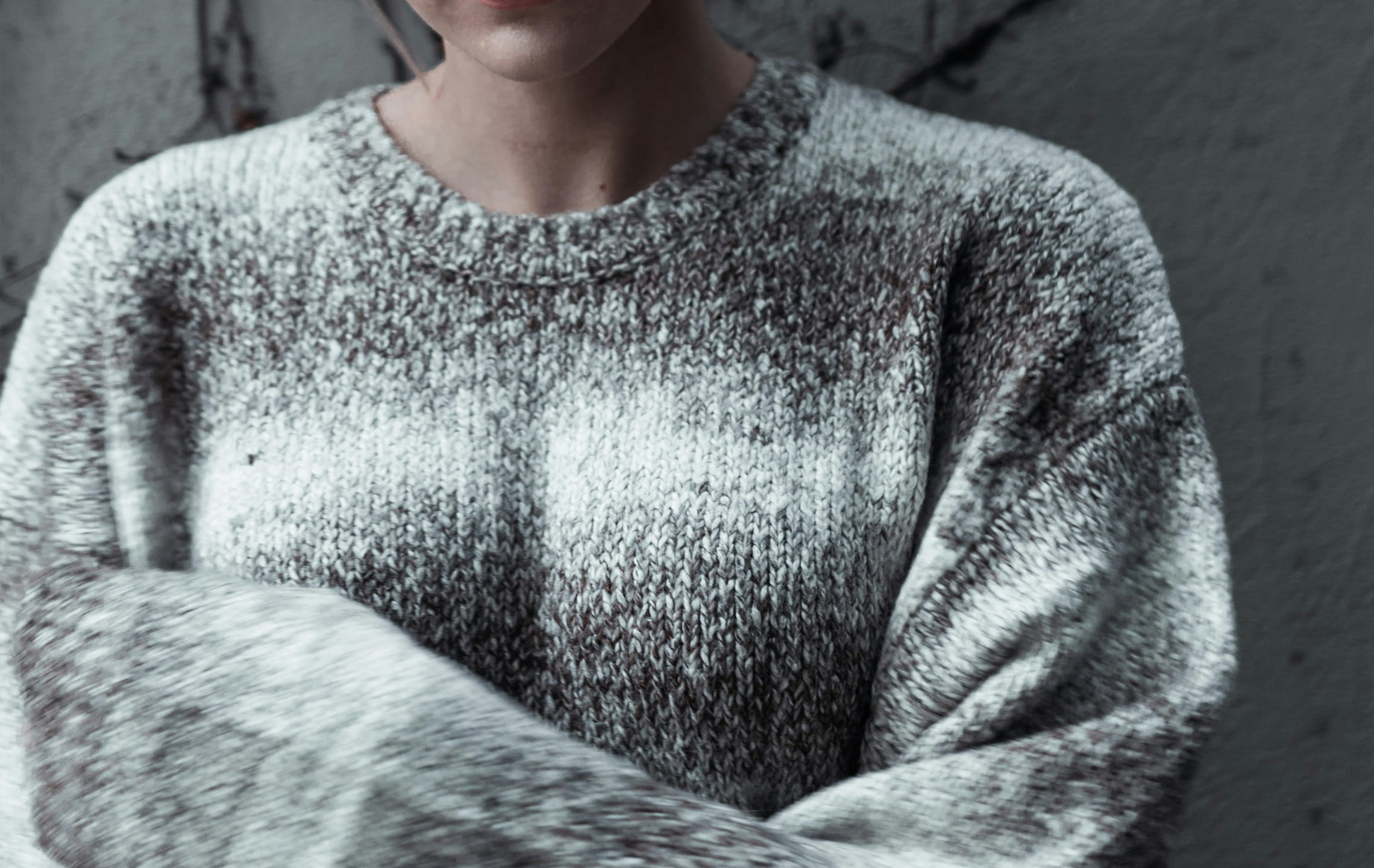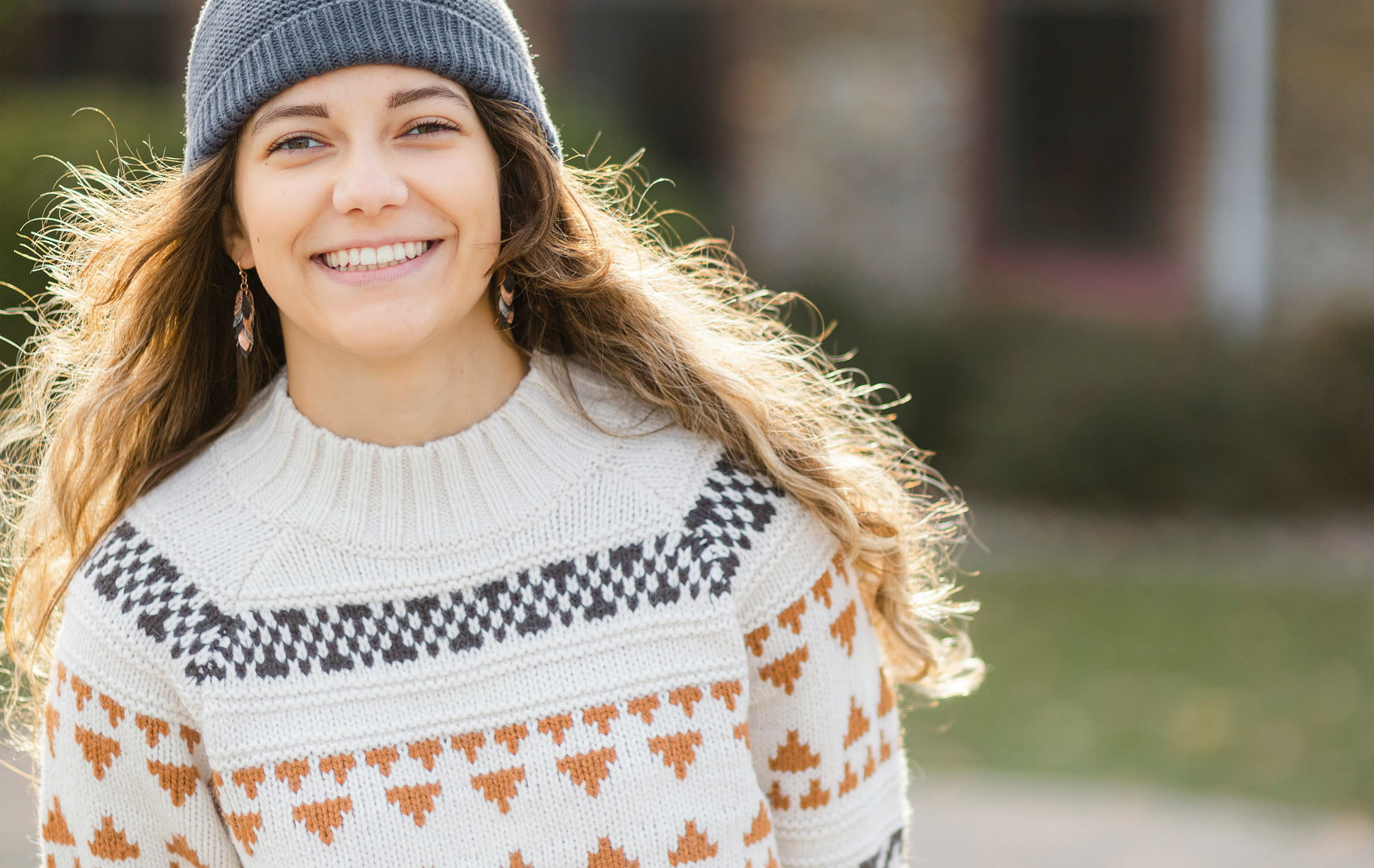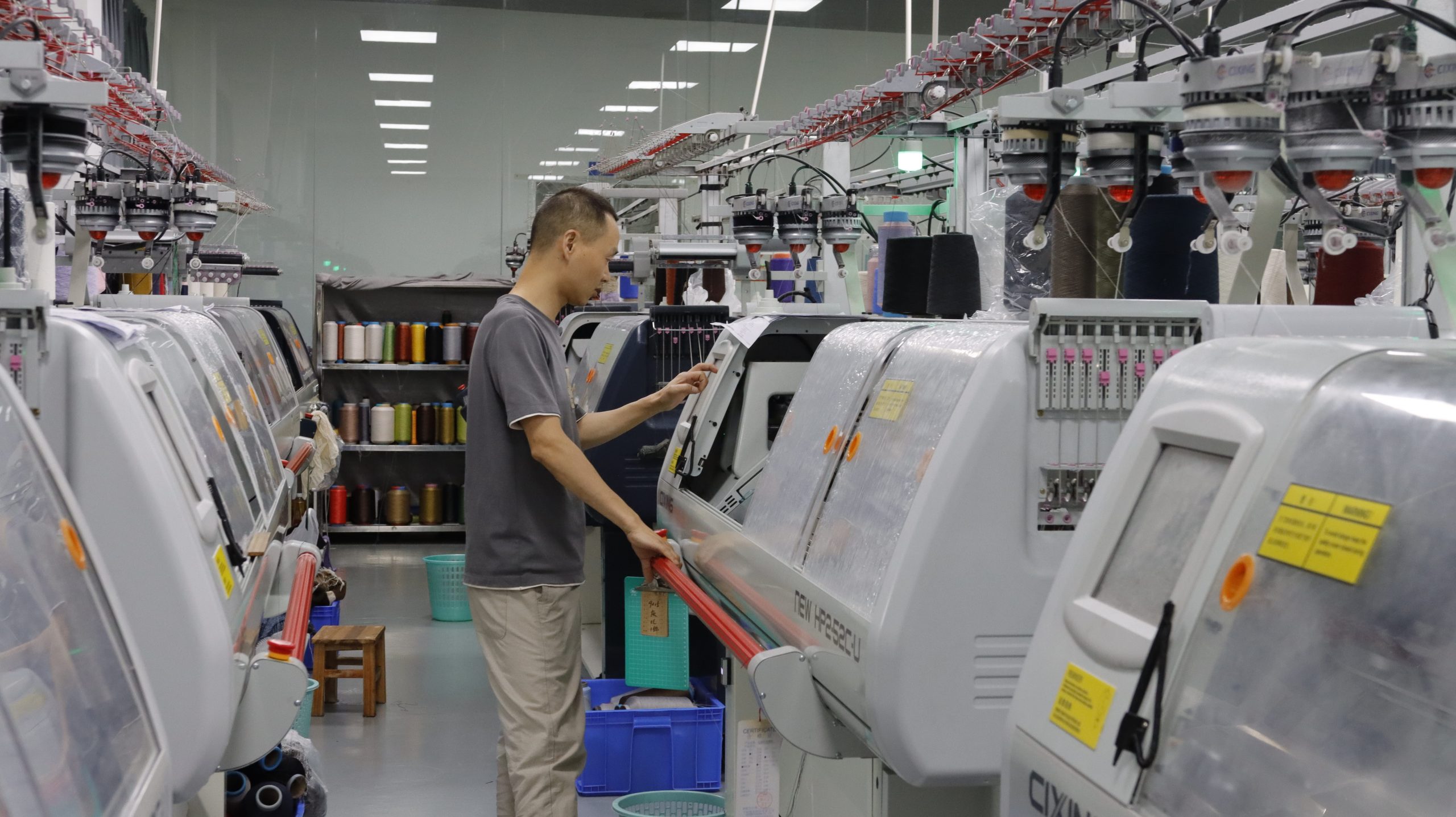Polyester fiber, also known as polyester
is a synthetic fiber made from petrochemicals.
Its history can be traced back to 1941, when it was first developed in a laboratory by British scientists.
The chemical composition of polyester fiber.
It is mainly polyethylene terephthalate, which is often referred to as PET.
It is a polymerized compound, formed by a polycondensation reaction between benzene dicarboxylic acid and ethylene glycol.
This material is characterized by high strength, abrasion resistance, high temperature resistance, chemical resistance, and is not easily deformed.
Polyester fiber has high strength and abrasion resistance, and is easy to clean and dry quickly, so it is widely used to make clothing, home textiles, and industrial supplies. Because of its high temperature and chemical resistance, polyester fiber is also often used to make products that require durability and weather resistance. It has a wide range of applications and can be used to meet a variety of needs for fiber materials in different fields.
Polyester Fiber Sustainability.
Although polyester fiber is made from petrochemicals, it can also be recycled through.
Waste polyester fiber material reduces the waste of resources and the burden on the environment.
Thus, the sustainability of polyester fiber is one of the reasons why it has received so much attention.
Advantages
Polyester fiber is high-strength, abrasion-resistant, wrinkle-resistant, not easy to deform, has a certain degree of chemical resistance, easy to clean and quick drying.
It makes clothing and home textiles more durable and easy to care for and dry.
Disadvantages
Polyester fiber has problems such as poor breathability, poor moisture absorption and easy to generate static electricity
May cause discomfort when worn or used for long periods of time.
Less elastic and not as resilient as natural fibers, which may result in less flattering clothing.
Functional uses
- High strength and abrasion resistance
Polyester fiber counties have high strength and abrasion resistance:
The high strength and abrasion resistance of polyester fibers make them ideal for making durable clothing and home textiles. Clothing for everyday use, such as sportswear, jackets, pants and bed sheets, are often made from polyester fiber to ensure that they are durable and can withstand daily wear and tear and frequent washing.
- High temperature and chemical resistance
Polyester fiber’s high-temperature resistance allows it to remain stable in high-temperature environments and does not easily deform or shrink. This makes it an ideal material for making outdoor and industrial products, as it is able to maintain its structural integrity under harsh environmental conditions. In addition, its resistance to chemicals makes it valuable for applications in industrial environments.
- Easy cleaning and quick drying
Polyester fiber has a smooth surface that does not easily attract dirt and is easy to clean.
Its quick-drying properties also make it easier to dry clothes, reducing drying time.
- Color retention
The color retention of polyester fiber is good, it can keep bright and vivid colors for a long time, and is not easy to fade, so it is suitable for making brightly colored clothing and home furnishings.
- Customizable performance
Polyester fiber has strong customizable performance, according to the need to adjust the characteristics of the fiber, such as strength, elasticity and softness, in order to adapt to the manufacturing needs of different products.

 English
English Deutsch
Deutsch Français
Français Italiano
Italiano Español
Español Русский
Русский Polski
Polski Nederlands
Nederlands Svenska
Svenska

